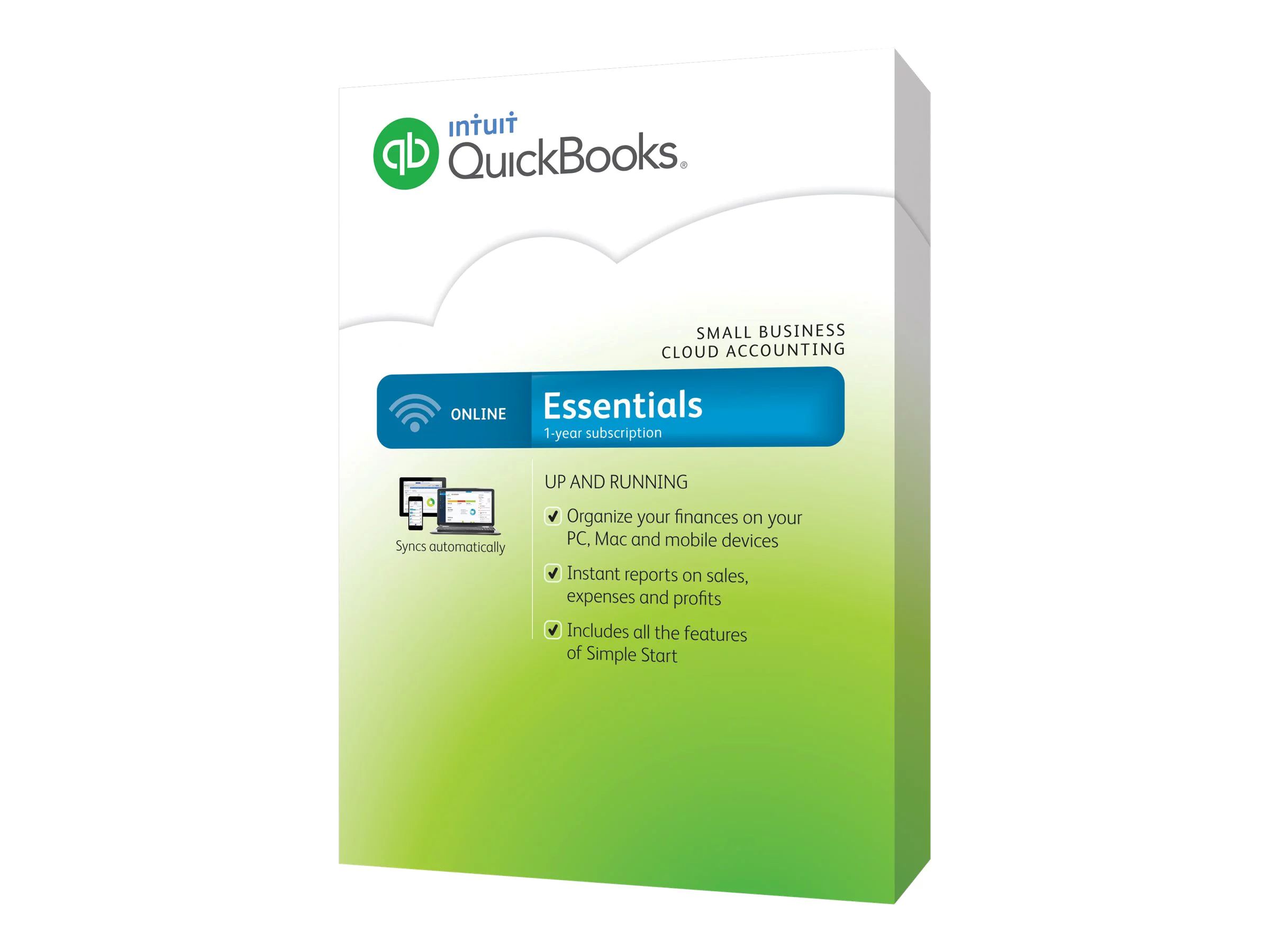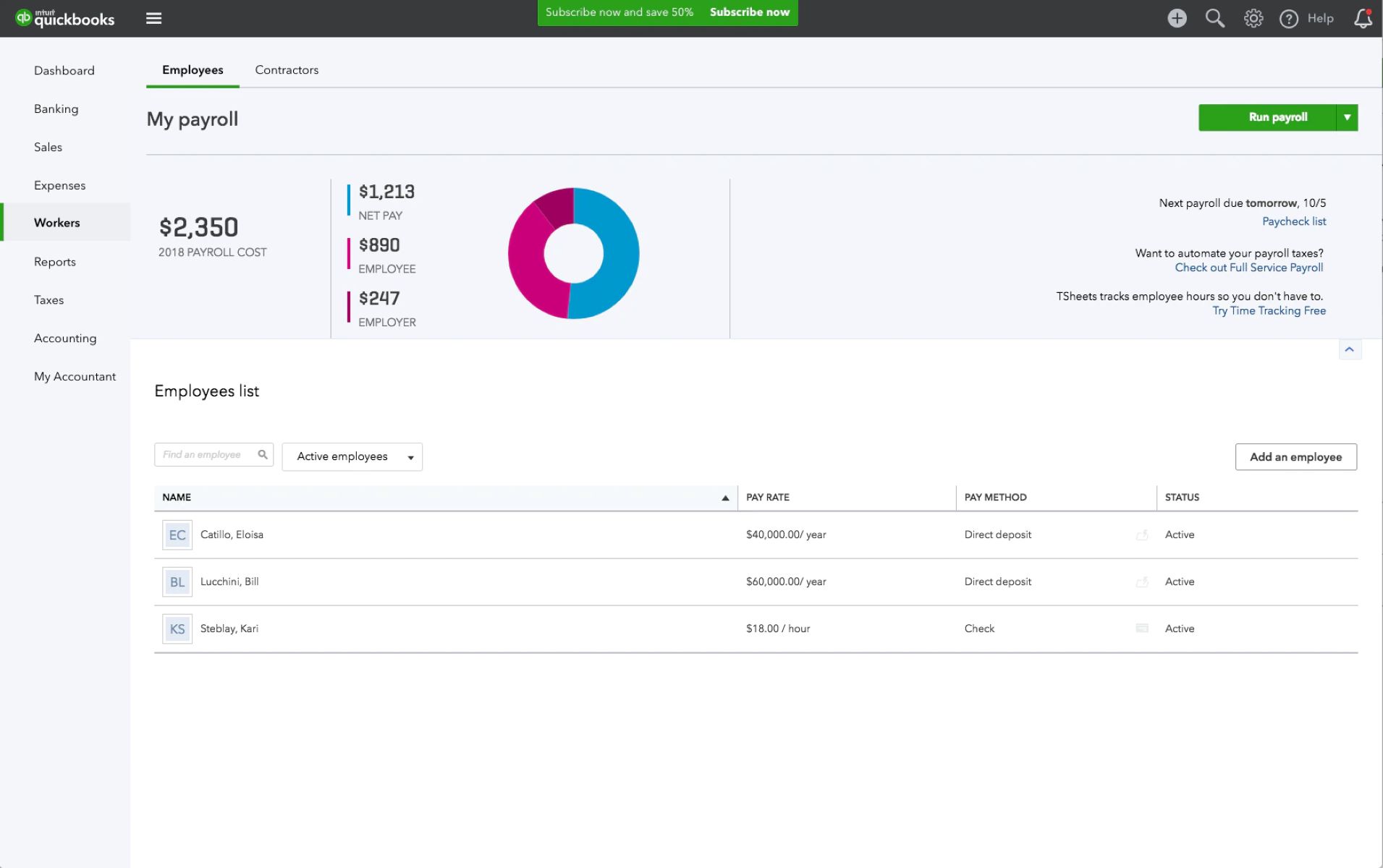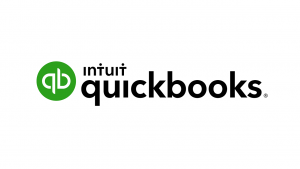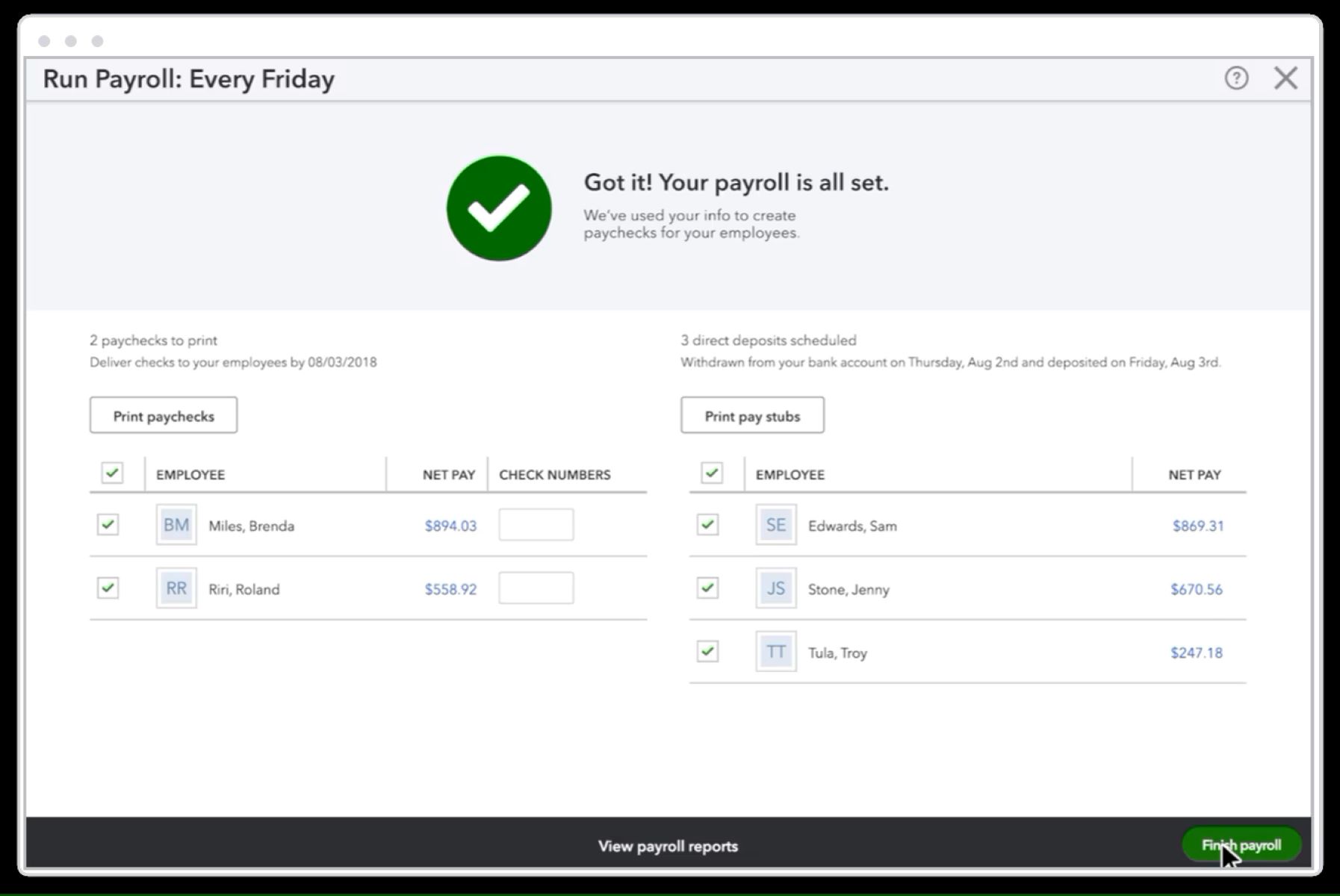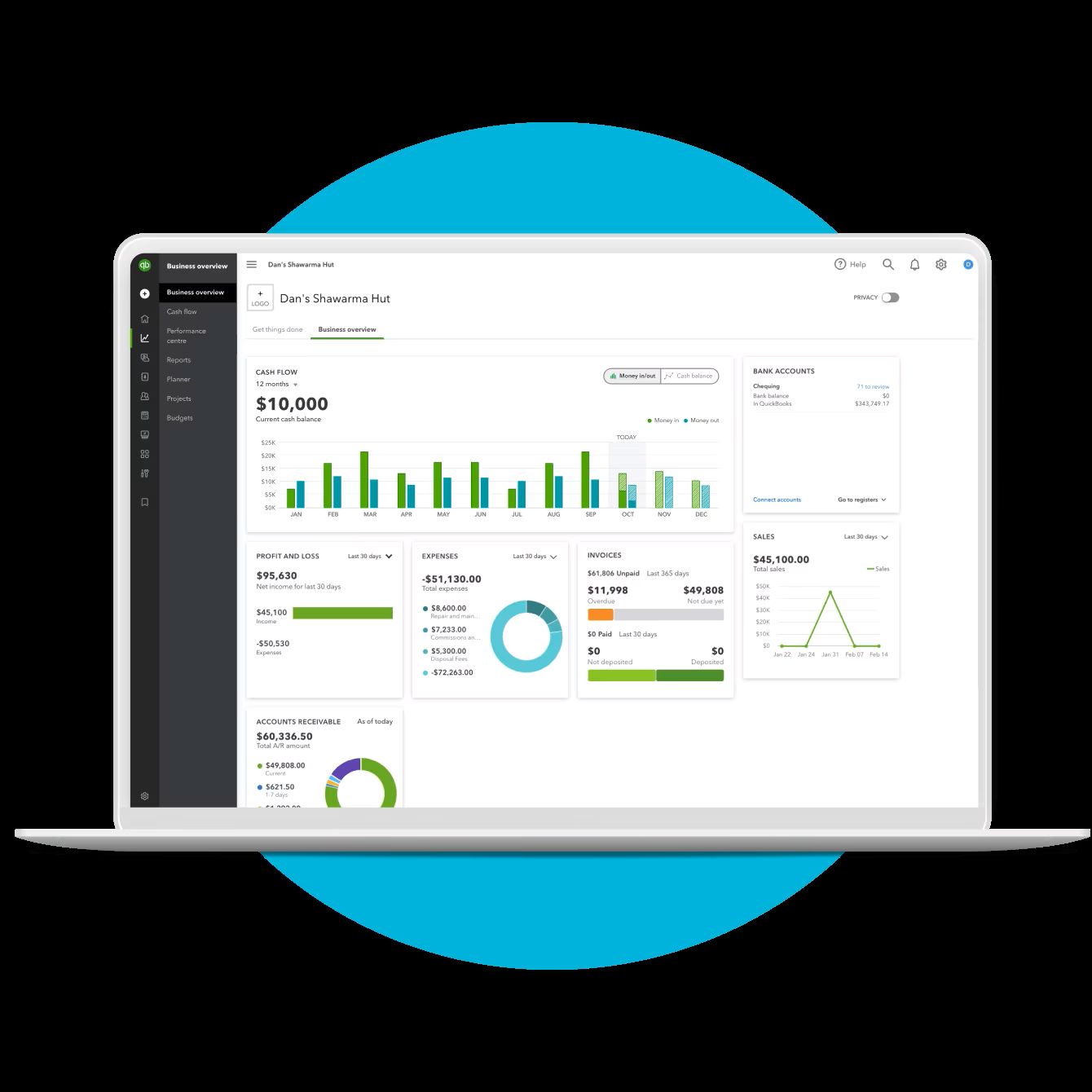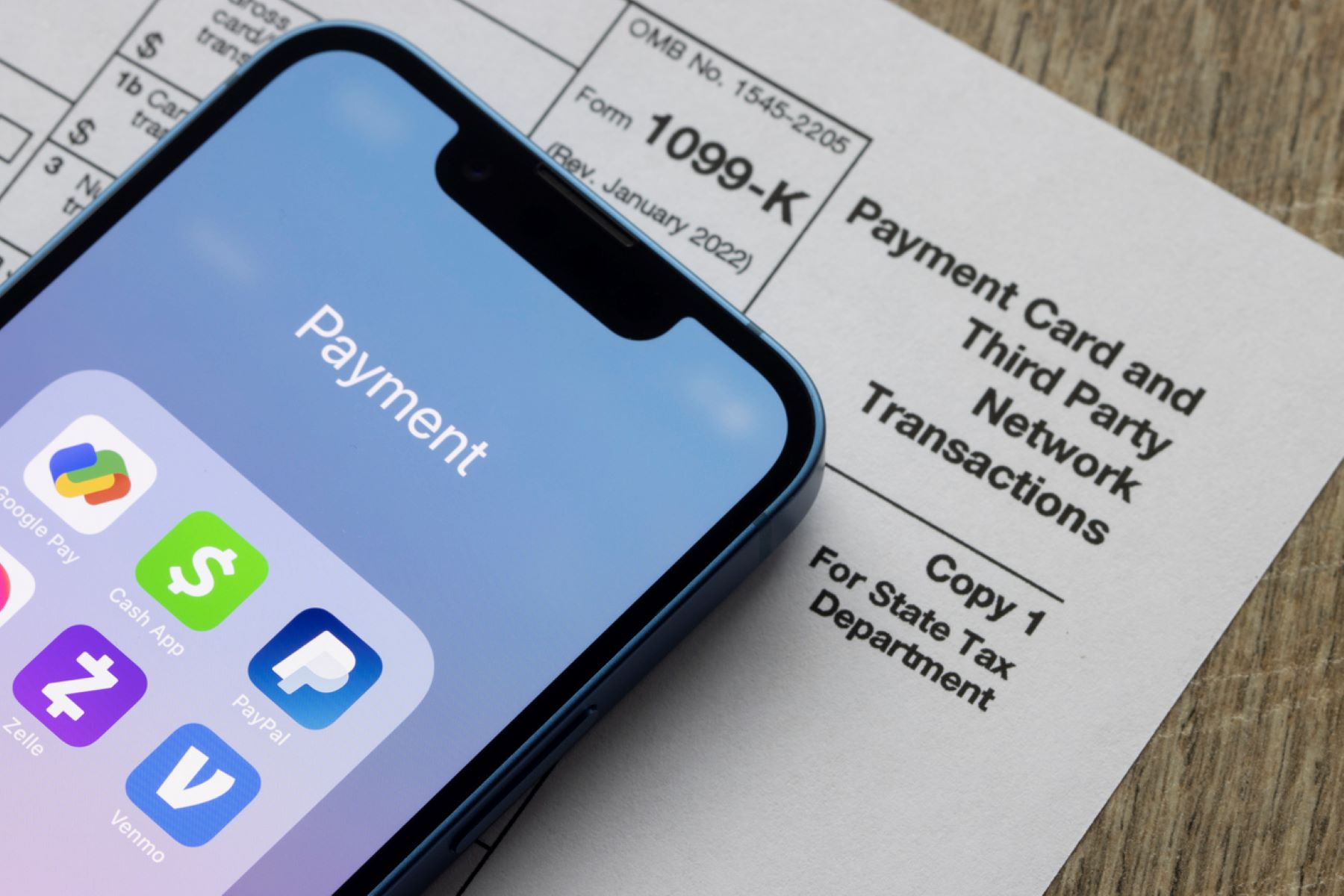Introduction
Are you self-employed and struggling to keep track of your finances? Look no further – QuickBooks Self Employed is here to rescue you! Whether you’re a freelancer, consultant, or a small business owner, this software is designed to simplify your financial management tasks. In this article, we’ll dive into what QuickBooks Self Employed is all about, how it works, its features, benefits, pricing, and help you determine if it’s the right solution for you.
Managing your finances as a self-employed individual is often a daunting task. With numerous transactions, expenses, invoices, and tax obligations to keep track of, it’s easy to feel overwhelmed. That’s where QuickBooks Self Employed comes in. It is a cloud-based accounting software designed specifically for self-employed individuals, providing you with a streamlined solution to stay on top of your finances.
Gone are the days of manually creating spreadsheets or digging through shoeboxes of receipts. QuickBooks Self Employed automates many of the tedious administrative tasks, allowing you to focus on your work and your business. Whether you need to track your income, record expenses, generate invoices, or estimate your quarterly taxes, this software has got you covered.
The beauty of QuickBooks Self Employed lies in its user-friendly interface and intuitive design. Even if you don’t have any accounting background, you can easily navigate through the software and perform essential financial tasks with ease. Plus, as a cloud-based platform, you can access your financial data anytime, anywhere, from any device with an internet connection.
With its comprehensive features and user-friendly interface, QuickBooks Self Employed is a game-changer for self-employed professionals. In the next sections, we’ll explore the different aspects of this software in more detail, so you can understand how it can simplify your financial management tasks and help you take control of your business finances.
What is QuickBooks Self Employed?
QuickBooks Self Employed is a powerful accounting software solution created specifically for self-employed professionals. It is designed to help you easily manage your finances, track your income and expenses, and simplify tax preparation.
With QuickBooks Self Employed, you can effortlessly separate your personal finances from your business finances. This is crucial for accurate financial reporting and tax calculations. By keeping your personal and business transactions separate, you can ensure that you have a clear picture of your business expenses, profits, and overall financial health.
One of the standout features of QuickBooks Self Employed is its ability to automatically track your business expenses. It connects to your bank accounts and credit cards, allowing you to import transactions directly into the software. You can then categorize these expenses as either business or personal with just a few clicks. It also offers the option to capture and upload photos of receipts, further simplifying expense tracking.
Besides expense tracking, QuickBooks Self Employed also enables you to keep a record of your income. It automatically imports your income transactions and organizes them, making it easy to monitor your cash flow and track your business growth. You can also create and send professional invoices to your clients directly from the software, eliminating the need for manual invoicing.
Another feature that sets QuickBooks Self Employed apart is its ability to help you estimate and pay your quarterly taxes. It calculates your estimated tax payments based on your income and expenditures, helping you avoid the stress of scrambling to pay your taxes at the end of the year. It provides you with a clear snapshot of your tax obligations, making tax time less overwhelming and more manageable.
Overall, QuickBooks Self Employed is a comprehensive financial management tool tailor-made for self-employed professionals. It combines expense tracking, income management, invoice creation, and tax calculations into one user-friendly platform. By streamlining these essential tasks, it allows you to focus on growing your business and maximizing your profits.
How Does QuickBooks Self Employed Work?
Understanding how QuickBooks Self Employed works is essential to effectively utilize its features and benefits. Let’s dive into the key components and functionalities of the software.
To get started, you’ll need to sign up for a QuickBooks Self Employed account. You can do this by visiting the QuickBooks website and selecting the Self Employed option. Once you’ve signed up and created your account, you’ll have access to the various features and tools within the software.
The first step is to connect your bank accounts and credit cards to QuickBooks Self Employed. This allows the software to automatically import your financial transactions and categorize them accordingly. It’s a time-saving feature that eliminates the need for manual data entry.
Once your accounts are connected, you’ll see a clear overview of your income, expenses, and profit/loss. The software categorizes your expenses into tax-deductible and non-deductible categories, making it easier for you to track your deductible business expenses and maximize your tax deductions.
When it comes to tracking mileage, QuickBooks Self Employed offers a convenient solution. You can enable the automatic tracking feature on your mobile device or manually enter your mileage if you prefer. This feature helps you accurately track and record your business-related mileage, which can be a valuable deduction on your tax return.
Invoicing is a breeze with QuickBooks Self Employed. The software allows you to create custom, professional invoices that reflect your brand. You can quickly generate and send invoices to your clients, and the software will track when the invoices are viewed and paid. Additionally, you can set up automatic invoice reminders to ensure timely payment.
One of the standout features of QuickBooks Self Employed is its ability to estimate and plan for quarterly tax payments. Based on your income and expenses, the software calculates your estimated tax liability, making it easier to plan and budget for your taxes. This helps you avoid surprises and ensures you stay on top of your tax obligations.
At any time, you can generate financial reports to get a deeper understanding of your business’s financial health. From profit and loss statements to expense breakdowns, QuickBooks Self Employed provides you with comprehensive reporting capabilities to help you make informed business decisions.
In summary, QuickBooks Self Employed works by automating and simplifying your financial management tasks. From tracking income and expenses to generating invoices and estimating taxes, the software streamlines these processes, saving you time, minimizing errors, and providing you with valuable insights into your business’s finances.
Features of QuickBooks Self Employed
QuickBooks Self Employed is equipped with a wide range of features specifically designed to meet the needs of self-employed professionals. Let’s take a closer look at some of the key features that make this software stand out.
Expense Tracking: QuickBooks Self Employed simplifies expense tracking by automatically importing your financial transactions from connected bank accounts and credit cards. You can easily categorize expenses as business or personal, ensuring accurate financial reporting and maximizing tax deductions. Additionally, you have the option to capture and upload photos of receipts, eliminating the need to save and organize physical receipts.
Invoicing: Creating professional invoices is a breeze with QuickBooks Self Employed. You can customize your invoices with your logo and branding, making them look polished and reflective of your business. The software allows you to generate invoices on the go and track their status, ensuring you get paid timely.
Tax Estimation: QuickBooks Self Employed simplifies tax estimation and planning by calculating your estimated tax liability based on your income and business expenses. This feature helps you stay ahead of your tax obligations, avoid penalties and surprises, and plan your finances accordingly.
Mileage Tracking: If you frequently drive for business purposes, QuickBooks Self Employed has got you covered. The software allows you to track your mileage automatically using your mobile device’s GPS. Alternatively, you can manually enter your mileage. This feature ensures accurate mileage records for tax deduction purposes.
Financial Reports: QuickBooks Self Employed provides comprehensive financial reports that give you a clear snapshot of your business’s financial health. From profit and loss statements to expense breakdowns, these reports help you analyze your cash flow, identify trends, and make informed business decisions.
Integrations: QuickBooks Self Employed integrates seamlessly with various third-party applications, expanding its functionality and syncing your data across platforms. Popular integrations include mileage tracking apps, payment processors, and e-commerce platforms.
Mobile Access: The mobile app allows you to access and manage your financial information on the go. Whether you’re creating invoices, tracking expenses, or checking your financial reports, you can do it all from your mobile device, ensuring that you stay in control of your finances no matter where you are.
These are just some of the key features that QuickBooks Self Employed offers. By utilizing these features, you can streamline your financial management tasks, save time, and gain valuable insights into the financial health of your self-employed business.
Benefits of Using QuickBooks Self Employed
QuickBooks Self Employed offers a myriad of benefits for self-employed professionals. Let’s explore some of the key advantages of using this software to manage your finances.
Time-Saving: QuickBooks Self Employed automates many of the tedious financial management tasks. With features like automatic expense tracking and bank transaction imports, you can save hours of manual data entry and focus on the core aspects of your business.
Accurate Financial Tracking: By using QuickBooks Self Employed, you can keep your personal and business finances separate, ensuring accurate and reliable financial records. You can easily categorize expenses, track income, and generate reports, giving you a clear picture of your financial health at any given time.
Tax Compliance Made Easy: QuickBooks Self Employed simplifies tax preparation and compliance. It helps you estimate and plan for quarterly tax payments based on your income and expenses, eliminating the stress and confusion that often comes with tax time. It provides you with accurate financial data that you can easily share with your accountant or tax professional.
Maximize Tax Deductions: The software helps you identify and maximize your tax deductions. With its categorization of expenses, you can effortlessly separate your business expenses from personal ones, ensuring that you claim all eligible deductions and minimize your taxable income.
Professional Invoicing: QuickBooks Self Employed enables you to create professional invoices that reflect your brand. You can easily generate and send invoices to your clients, track their status, and know when you’ve been paid. This feature streamlines your invoicing process, improves your cash flow, and maintains a professional image for your business.
Access Anywhere, Anytime: QuickBooks Self Employed is cloud-based, meaning you can access your financial information from any device with an internet connection. Whether you’re at the office, on-site with a client, or traveling, you can stay connected to your finances and manage your business on the go.
Insights for Informed Decision-Making: With the financial reports and data generated by QuickBooks Self Employed, you gain valuable insights into your business’s financial performance. These insights can help you make informed decisions, spot trends, identify areas for improvement, and plan for growth.
Integration with Third-Party Apps: QuickBooks Self Employed seamlessly integrates with a variety of third-party apps, expanding its capabilities and streamlining your workflows. Whether it’s integrating with mileage tracking apps, payment processors, or e-commerce platforms, you can customize the software to fit your specific business needs and improve efficiency.
Overall, QuickBooks Self Employed offers an array of benefits that can help self-employed professionals simplify their financial management, save time, and make informed decisions. By utilizing its powerful features, you can focus on growing your business and achieving financial success.
Pricing and Plans
QuickBooks Self Employed offers flexible pricing options to suit the needs of self-employed professionals. There are currently two plans available: the Self Employed plan and the Self Employed Tax Bundle plan.
The Self Employed plan is the basic option, providing you with essential features for managing your finances. With this plan, you can track your income and expenses, separate personal and business transactions, create and send invoices, and estimate quarterly taxes. It also allows you to access and categorize your bank transactions, making it easier to stay organized. The Self Employed plan is priced at $15 per month.
For those who require additional support and tax-filing services, the Self Employed Tax Bundle plan is available at $25 per month. In addition to all the features of the Self Employed plan, this bundle includes the ability to pay and file your federal and state taxes directly from the software. It streamlines the tax filing process and ensures that you meet your tax obligations in a timely manner.
Both plans offer a 30-day free trial, allowing you to test the software and determine which plan best suits your needs. The trial period gives you a hands-on experience with the features and functionalities, enabling you to make an informed decision about whether QuickBooks Self Employed is the right fit for your business.
It’s important to note that while QuickBooks Self Employed is a standalone product specifically designed for self-employed professionals, QuickBooks also offers other accounting software options for small businesses, such as QuickBooks Online and QuickBooks Desktop. These options provide more robust features and scalability for growing businesses that require additional functionality beyond the scope of QuickBooks Self Employed.
When considering the pricing and plans for QuickBooks Self Employed, it’s essential to assess your business needs, budget, and the features you require to effectively manage your finances. Evaluating these factors will help you make a well-informed decision and choose the plan that best aligns with your goals and financial management requirements.
Is QuickBooks Self Employed Right for You?
When considering whether QuickBooks Self Employed is the right accounting software for you, it’s important to evaluate your specific needs as a self-employed professional. Here are some factors to consider:
Business Type: QuickBooks Self Employed is designed specifically for self-employed individuals, including freelancers, consultants, and small business owners. If you fall under one of these categories, the software is a great fit for managing your finances.
Simplicity vs. Advanced Functionality: QuickBooks Self Employed provides a simplified, user-friendly interface. It focuses on key features such as income and expense tracking, invoicing, and tax estimation. If you’re looking for more advanced accounting features or have complex business needs, you might consider other QuickBooks products like QuickBooks Online or QuickBooks Desktop.
Financial Management Needs: Assess your financial management needs and determine if QuickBooks Self Employed meets them. Consider features like automated expense tracking, invoicing, tax estimation, and integration capabilities. If these features align with your requirements, it’s likely that QuickBooks Self Employed will be a suitable solution.
Budget: Evaluate your budget and the pricing of QuickBooks Self Employed. The software offers flexible pricing plans, with the Self Employed plan priced at $15 per month and the Self Employed Tax Bundle plan priced at $25 per month. Take into account the features you need and the value the software provides in meeting your financial management requirements.
Integration Needs: Consider any third-party apps or platforms you currently use or plan to incorporate into your business. QuickBooks Self Employed offers integrations with various applications, so if seamless integration with other software is important to you, it’s worth checking if the necessary integrations are available.
Reporting and Analysis: Think about the level of reporting and analysis you require. While QuickBooks Self Employed provides essential financial reports, it may not offer as extensive reporting capabilities as other QuickBooks products. If robust reporting and analysis are critical to your business, you may need to explore other options within the QuickBooks lineup.
Evaluating these factors will help you determine if QuickBooks Self Employed is the right accounting software for you. Keep in mind that the software is specifically tailored to meet the needs of self-employed professionals, providing a streamlined solution for financial management tasks.
Ultimately, the decision will depend on your specific business needs, budget, and the level of functionality you require. Consider your unique circumstances and carefully evaluate the features, benefits, and pricing before making a decision.
Conclusion
QuickBooks Self Employed is a powerful accounting software solution designed specifically for self-employed professionals. With its user-friendly interface, essential features, and flexible pricing plans, it simplifies financial management, saves you time, and helps you stay on top of your business finances.
By using QuickBooks Self Employed, you can effortlessly track your income and expenses, separate personal and business transactions, create professional invoices, estimate and plan for taxes, and gain valuable insights through financial reports. It streamlines these essential tasks, allowing you to focus on growing your business and maximizing profitability.
While QuickBooks Self Employed offers numerous benefits, it’s important to evaluate if it aligns with your specific needs. Consider factors like your business type, desired level of functionality, financial management requirements, budget, and integration needs. Considering these factors will help you make an informed decision about whether QuickBooks Self Employed is the right accounting software for your self-employed business.
If you’re a self-employed professional seeking a user-friendly solution that simplifies financial management, tracks income and expenses, and helps you stay organized and compliant, QuickBooks Self Employed is definitely worth considering. It equips you with the tools you need to effectively manage your finances, maximize tax deductions, and make informed business decisions.
Take advantage of the 30-day free trial offered by QuickBooks Self Employed to test the software and see if it meets your expectations. This trial period allows you to get hands-on experience, explore the features, and determine if it is the right fit for your business.
Overall, QuickBooks Self Employed is a reliable and comprehensive solution for self-employed professionals. It provides the necessary tools and features to manage your finances efficiently and effectively, ensuring that you have the financial insight and organization you need to succeed.









